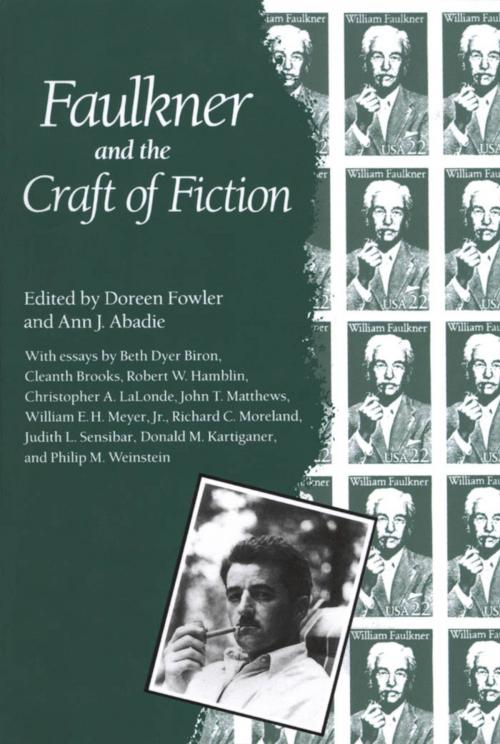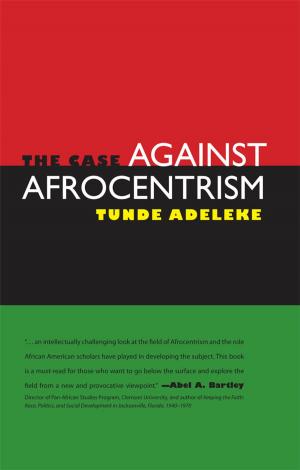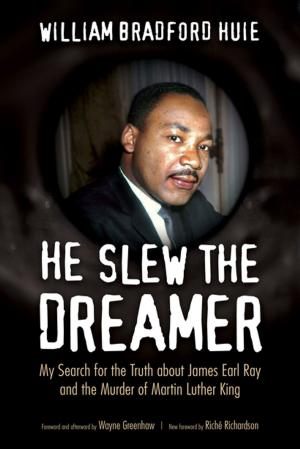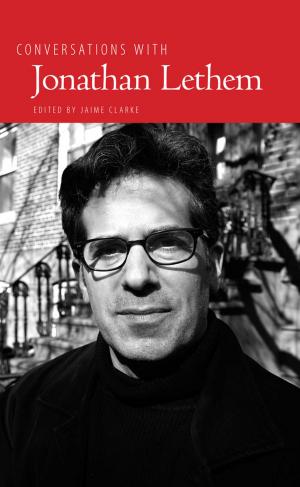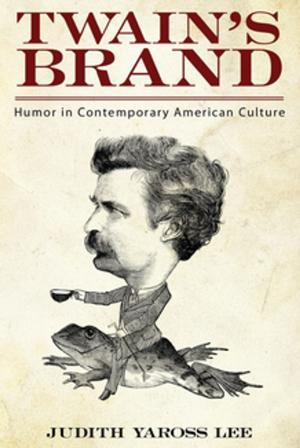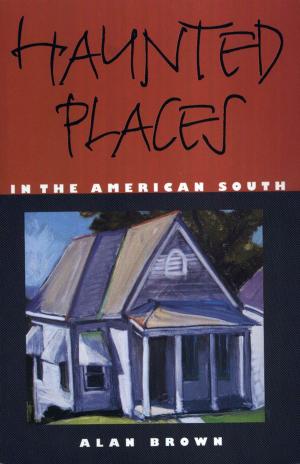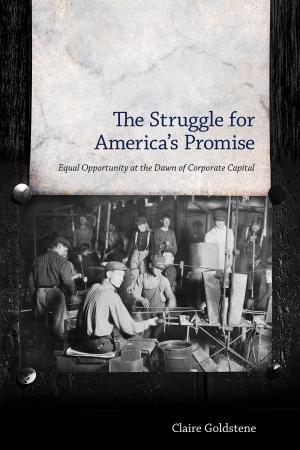| Author: | ISBN: | 9781604738131 | |
| Publisher: | University Press of Mississippi | Publication: | July 1, 1989 |
| Imprint: | University Press of Mississippi | Language: | English |
| Author: | |
| ISBN: | 9781604738131 |
| Publisher: | University Press of Mississippi |
| Publication: | July 1, 1989 |
| Imprint: | University Press of Mississippi |
| Language: | English |
With these words, Faulkner suggests that what changes in the course of his prolific novel-writing career is not so much the content but the style, "the thousand different terms" of his fiction. The essays in Faulkner and the Craft of Fiction, first presented at the 1987 Faulkner and Yoknapatawpha Conference at the University of Mississippi, focus on Faulkner's narrative inventiveness, on how Faulkner, like his character Benjy in The Sound and the Fury, relentlessly kept "trying to say."
The contributors, authorities on Faulkner's narrative, offer a wide variety of critical approaches to Faulkner's fiction-writing process. Cleanth Brooks, for example, applies the strategies of New Criticism to Faulkner's rendering of the heroic and pastoral modes; Judith L. Sensibar attempts to locate biographical sources for repeated Faulknerian paradigms; and Philip M. Weinstein draws on the theories of the Marxist Althusser and the French psychoanalyst Lacan. The topics examined are similarly wide-ranging.
With these words, Faulkner suggests that what changes in the course of his prolific novel-writing career is not so much the content but the style, "the thousand different terms" of his fiction. The essays in Faulkner and the Craft of Fiction, first presented at the 1987 Faulkner and Yoknapatawpha Conference at the University of Mississippi, focus on Faulkner's narrative inventiveness, on how Faulkner, like his character Benjy in The Sound and the Fury, relentlessly kept "trying to say."
The contributors, authorities on Faulkner's narrative, offer a wide variety of critical approaches to Faulkner's fiction-writing process. Cleanth Brooks, for example, applies the strategies of New Criticism to Faulkner's rendering of the heroic and pastoral modes; Judith L. Sensibar attempts to locate biographical sources for repeated Faulknerian paradigms; and Philip M. Weinstein draws on the theories of the Marxist Althusser and the French psychoanalyst Lacan. The topics examined are similarly wide-ranging.
